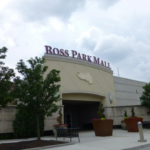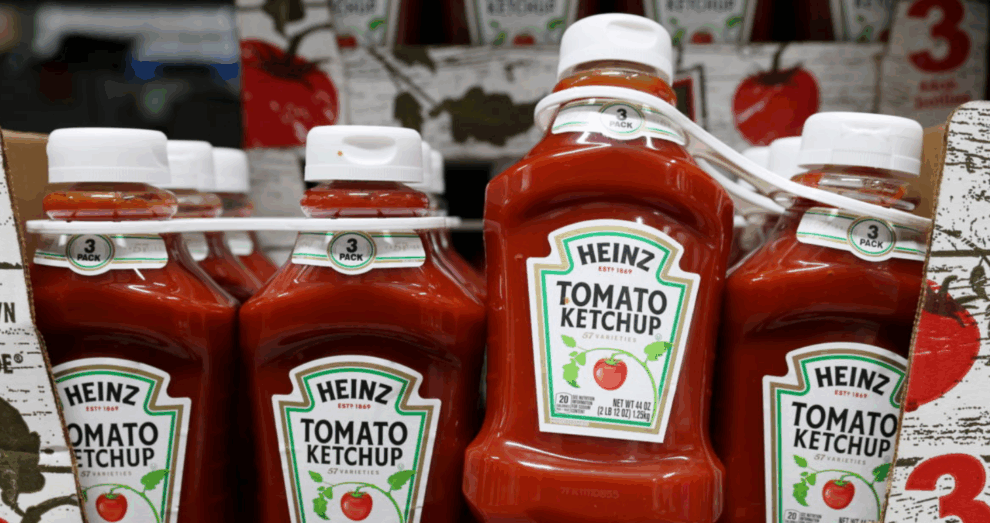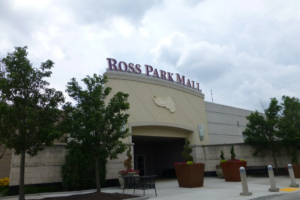Food giant cites RFK Jr.’s health campaign as a reason to shift to natural colorings by 2027.
Kraft Heinz announced Tuesday it will phase out synthetic food dyes from its U.S. product lineup, citing mounting public pressure and a broader federal push to reduce chemical additives in food. The move affects brands including Jell-O, Kool-Aid, Crystal Light, and Jet-Puffed marshmallows which have relied on artificial colors for decades.
“This announcement represents a good step toward health improvements in some children, especially when you consider the food products they offer are targeted at kids,” says Brian Ronholm, CR's director of food policy https://t.co/IhjW6K5iE0
— Consumer Reports (@ConsumerReports) June 19, 2025
The decision comes amid growing scrutiny from Health and Human Services Secretary Robert F. Kennedy Jr., whose “Make America Healthy Again” initiative helped spur the FDA in April to propose phasing out synthetic dyes like Red 40 and Yellow 5. In response, Kraft Heinz pledged to eliminate those additives from about 10% of its portfolio that still uses them and to avoid introducing any new products containing artificial colors.
“The vast majority of our products use natural or no colors, and we’ve been on a journey to reduce our use of FD&C colors across the remainder of our portfolio,” said Pedro Navio, president of Kraft Heinz North America. He added the company had already removed artificial ingredients from Kraft Mac & Cheese back in 2016.
Replacing synthetic dyes with natural alternatives like turmeric, beetroot, or spirulina does pose both technical and financial challenges. Natural dyes can add flavor, are harder to stabilize under grocery store lighting, and cost more to extract and purify, according to food scientists Bryan Quoc Le and Alireza Abbaspourrad.
Still, public sentiment appears to favor the change. While the FDA has not confirmed a direct link between synthetic dyes and behavioral issues in children, several studies have raised concerns about the correlation. In January, the FDA banned Red No. 3 in food and drugs following animal studies linking the dye to cancer.
“These poisonous compounds offer no nutritional benefit and pose real, measurable dangers to our children’s health and development,” Kennedy said in a statement earlier this year.
Although the FDA has not issued formal mandates, Kennedy said companies have voluntarily agreed to reforms following his meetings with top food producers, including Kraft Heinz, PepsiCo, General Mills, Tyson Foods, and others.
Other food companies are following suit. WK Kellogg, which still sells cereals like Froot Loops and Apple Jacks with artificial colors, said it is reformulating its school-distributed cereals to be dye-free by the 2026–27 school year. None of its products currently use Red No. 3.
Kraft Heinz plans to implement its changes by 2027, part of a larger industry shift away from artificial additives as consumers demand cleaner labels and greater transparency in food manufacturing.











